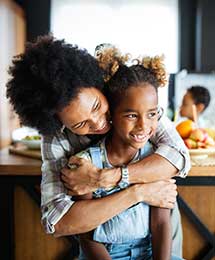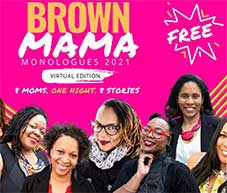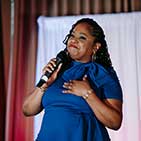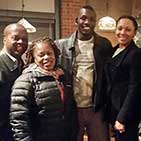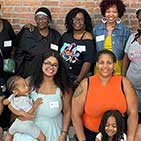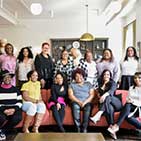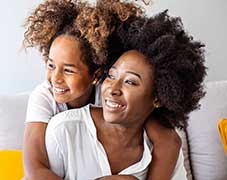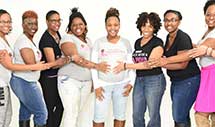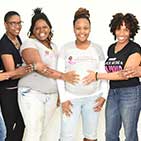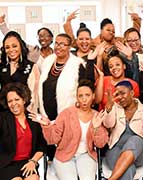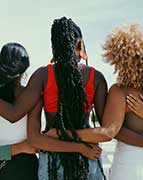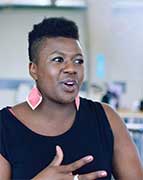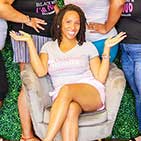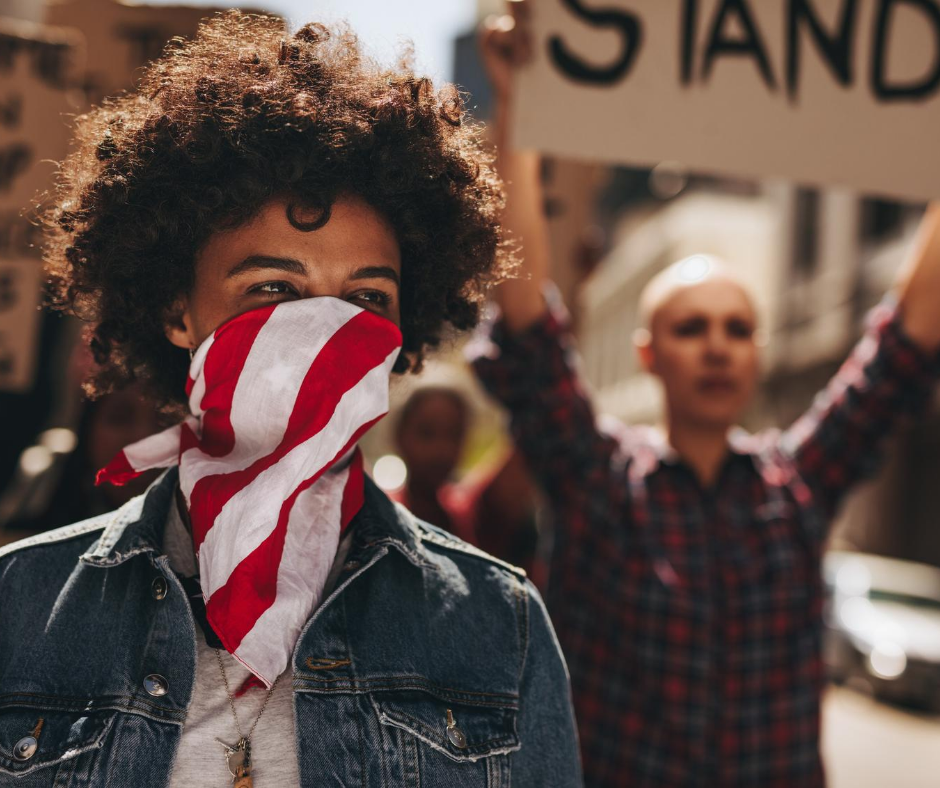What does it mean to teach kids social justice and injustice? In my humble opinion, it has a lot to do with showing and modeling for children equitable ways to socialize in our society.
When we think of socializaiton we think of a few things.
- The ways we work and the opportunities we have access to.
- The ways we gather as a family or community.
- The ways we communicate with other people.
- The ways we develop, create and enforce our laws.
- The ways we learn.
- The ways we express ourselves.
- The rules, barriers and access that govern all of the above.
In order to ascertain whether, or not, those methods of socialization are just, or equitable, across racial, ethnic and national lines, we must look closely at of these basic human rights and the rules, barriers and access that preside over these modes of socialization and ask the question “What are the differences.”
For example, if members of Community A have access to a communal center in their neighborhood to meet at regularly, does Community B and Community C have the same.
Does one have an air conditioned center while the others don’t?
Is Community B’s communal center within walking distance of it’s residential housing, while Community A’s is 3 miles away from the nearest residential area.
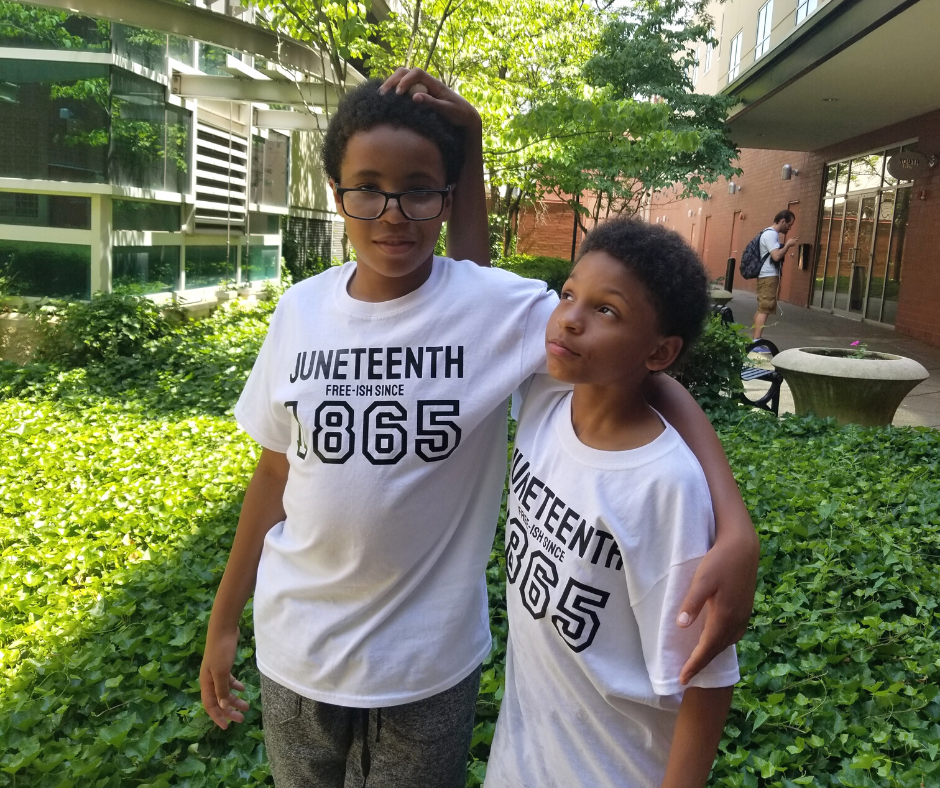
The Remake Tomorrow Campaign is asking us to do just that. Examine our current society in order to develop better ways of teaching, learning, living and being in the future.
For teacher, parents and homeschoolers, I’ve create a list of resources to help us teach children about the various social inequities and equities that exist our society. Many of them ask us to ask the question, “Why?”
Why do social injustices exist and how do we make sure we don’t repeat past mistakes?
With that said, here is a list of resources and opportunities to help parents and educators expand their ideas around social justice and teach social justice to kids.
Oh Freedom! History Curriculum
This curriculum created by Woke Homeschooling attempts to tell American history through the lens of the oppressed. Using the perspectives of Native Americans, enslaved Africans, children and women, it collects an awesome reading list with thought-provoking writing prompts and activities to give kids the other side of American history.
Black Wall Street
It is false that African-American people haven’t been able to create generational wealth and have not contributed to the American economy in substantial ways. Dubbed “Negro Wall Street” by Booker T. Washington, Tulsa, Oklahoma was a great example to collective Black wealth until it was destroyed by a white mob in 1921.
These resources by Teachers Pay Teachers can be used to teach about the history of economic oppression that exist for American Blacks.
Mass Incarceration
Why are there a disproportionate number of Black and Latino men and women in the American prison systems? It’s not because Black and Latino men participate in more crimes as statistics have consistently shown that this is not the case.
Use this lesson plan from Retro Report to give your high school students a crash course in the events that led up to Black children being deemed ‘super predators’ and incarcerated for life sentences for drug-related (and more often than not addiction-related) crimes.
Whole, Healthy Black Families
Reading is the lifeblood of the young child’s learning ecosystem. Check out these three books to expose young children to the strength of Black familial ties.
- Tar Beach
- Shades of Black
- Homemade Love
- Full, Full, Full of Love
Basic Human Rights
What has the world agreed on about the rights of human being regardless of race, color, creed, location, nation, etc. Check out this video , the info graphic below and the game linked below to teach kids social justice through the lens of fundamental human rights.
Basic Human Rights Infographic

Check out WorldMomsBlog.com to find a list of activities to do with your kids to exapand their knowledge of human rights.
So, how can you bring these conversations into your home or classroom? Visit RemakeLearning.com for more resources and information on having tough conversations about the social injustices of tomorrow and how we can prevent them.
Disclaimer:
The Tomorrow campaign is focused on asking what we can do today to make tomorrow a more promising place for every learner. This post was sponsored by a partnership between Remake Learning and The Motherhood, but I wouldn’t tell you about anything that I don’t believe in or trust.
Here are some other articles on teaching kids, you might enjoy.
